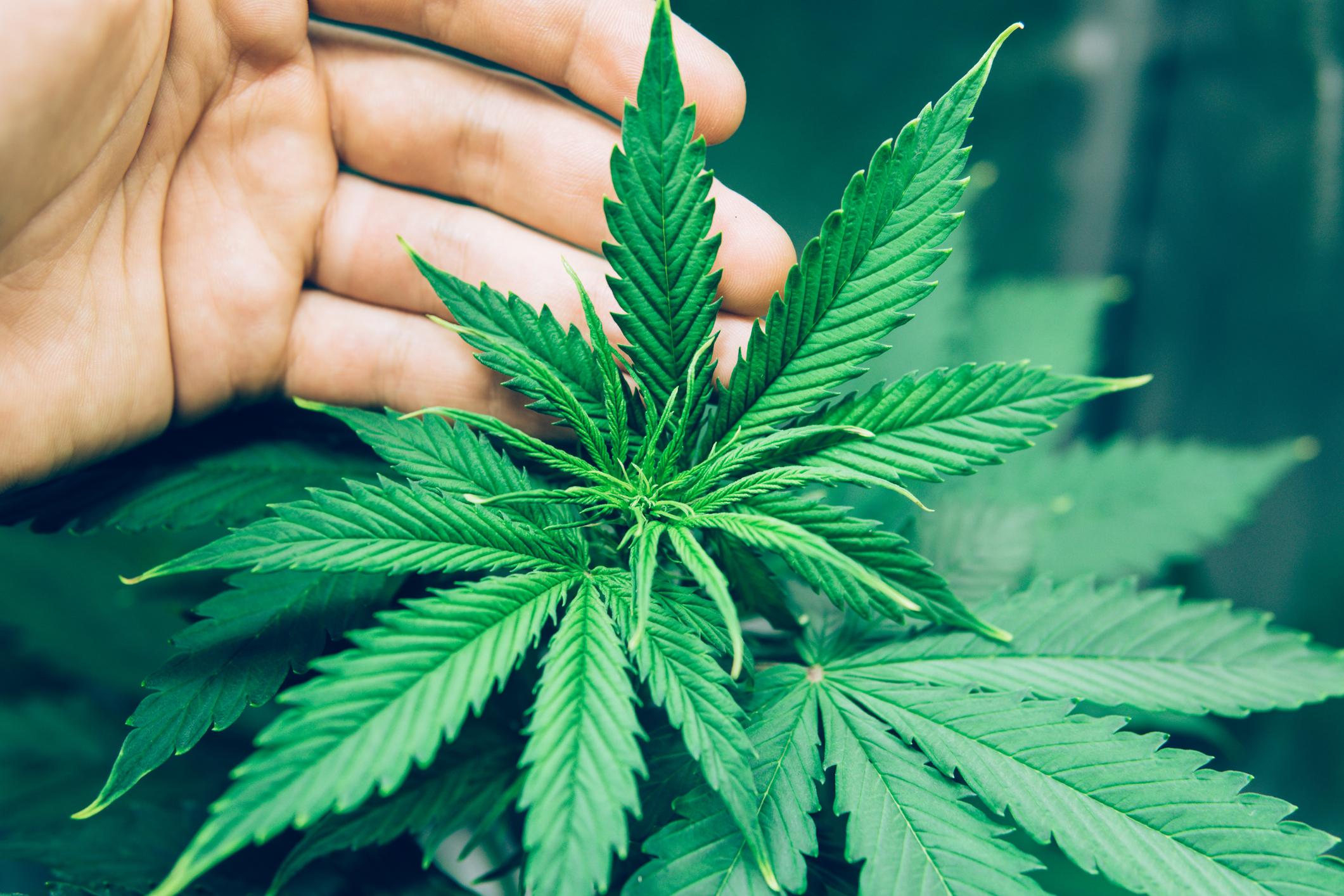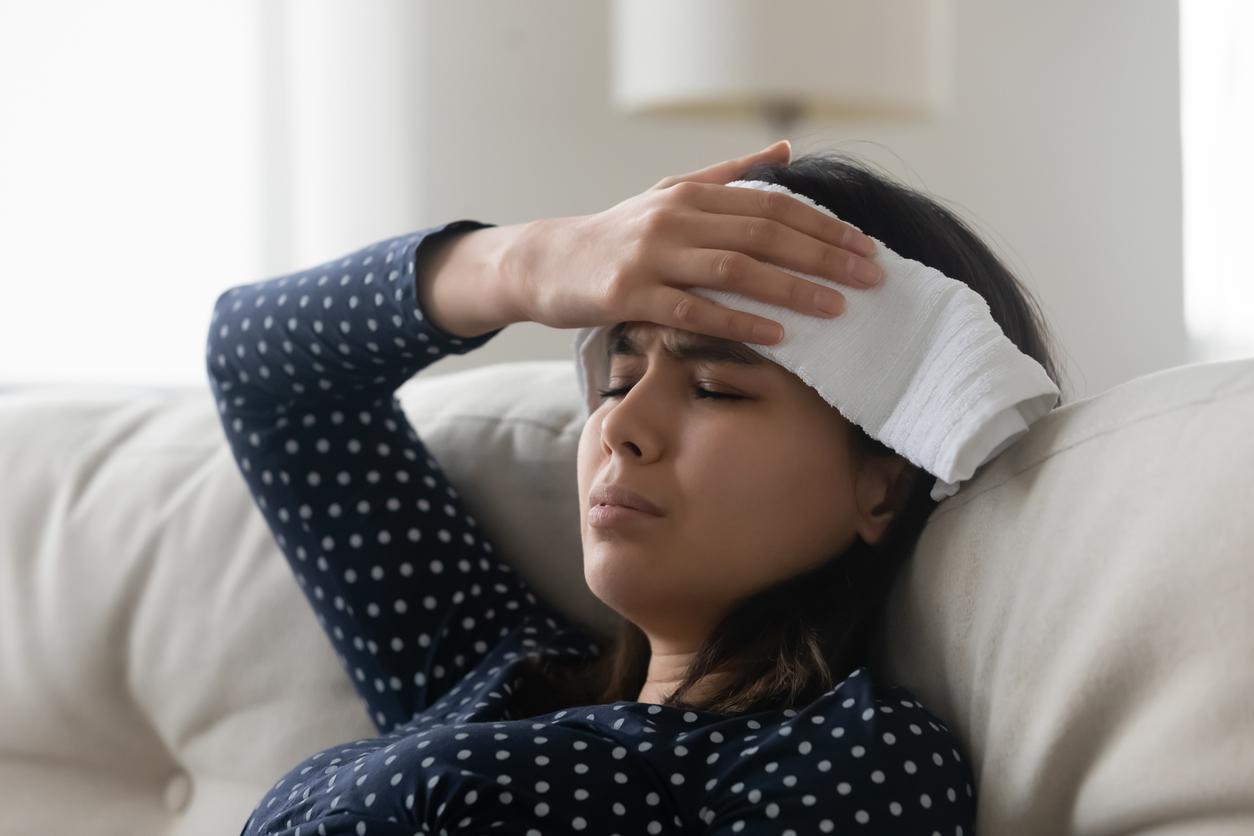Opioids are not recommended for migraine. They can lead to addiction or even a worsening of symptoms.

- Migraines are violent, recurring and debilitating headaches.
- It is not recommended to use opioids for relief due to the high risk of addiction.
- These opioid medications can also make migraines worse and more frequent.
It is a debilitating, recurring, high intensity headache. Migraine affects around 15% of the population, according to data from theInserm. For more than half of people with migraine, these attacks last more than six hours. As there is no curative treatment, only so-called drugs “of crisis” can relieve these symptoms. But certain substances should be avoided: opioid medications.
Dependence: why should you avoid opioids for headaches?
The term refers to “compounds extracted from the poppy plant (Papaver somniferum) as well as semi-synthetic and synthetic compounds with similar properties likely to interact with opioid receptors in the brain”according to the definition ofWorld Health Organization. These treatments are prescribed to relieve pain, but they are associated with a high risk of addiction. “In 2021, some 296 million people worldwide – or 5.8% of the global population aged 15 to 64 – have used drugs at least once, warns the organization. For 60 million of them, it was opioids.” In 2019, 480,000 deaths worldwide were linked to opioids, including overdoses.
Opioid crisis: ever-increasing overdoses in the United States
Since the 1990s, the United States has faced a “opioid crisis. These drugs kill many Americans every year. “Between 2013 and 2019, death rates (age-adjusted) from synthetic opioids increased by 1,040% in the United States, reports the WHO. During the COVID-19 pandemic, the United States experienced another significant increase in overdose deaths, driven primarily by rapidly increasing synthetic opioid overdose deaths.”
Headaches: opioids can make attacks worse
Beyond the risk of addiction, addiction and overdose, scientists have pointed out another obstacle to the use of opioids to relieve migraines. According to researchers from Illinois, whose work is published in Molecular and Cellular Proteomics, opioid treatment may temporarily relieve the pain of migraines, but prolonged use may increase their frequency and severity. It can also lead to rebound headaches: headaches related to overuse of medications. Opioids are one of the main causes of this phenomenon.

Opioids and headaches: what are the recommendations of the health authorities in France?
In France, the High Authority of Health is formal: “Opioid medications are never recommended for headaches and migraine attacks, regardless of the intensity of the pain.”. She cites the following medications: codeine, dextropropoxyphene, tramadol, morphine and other strong opioids. However, according to 60 million consumers40% of people use codeine to relieve headaches.
















